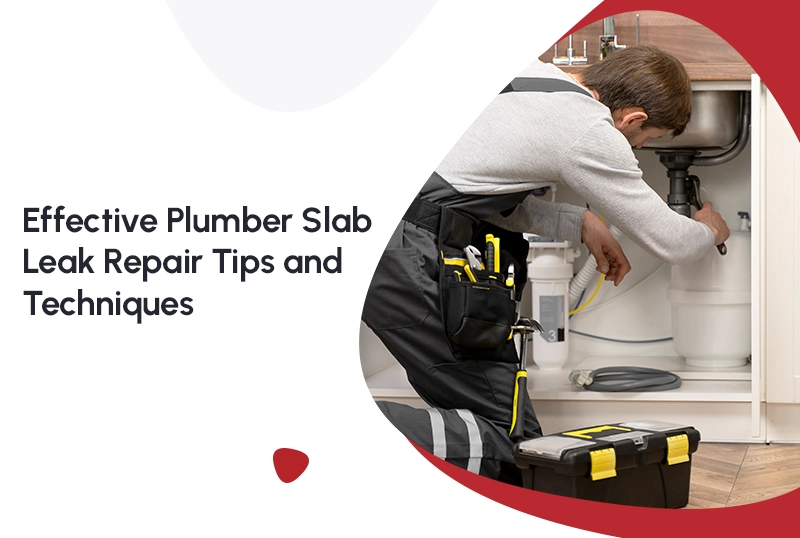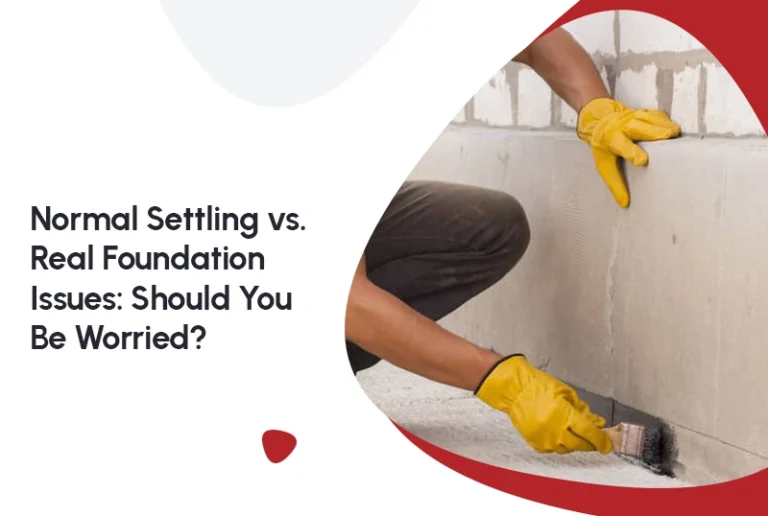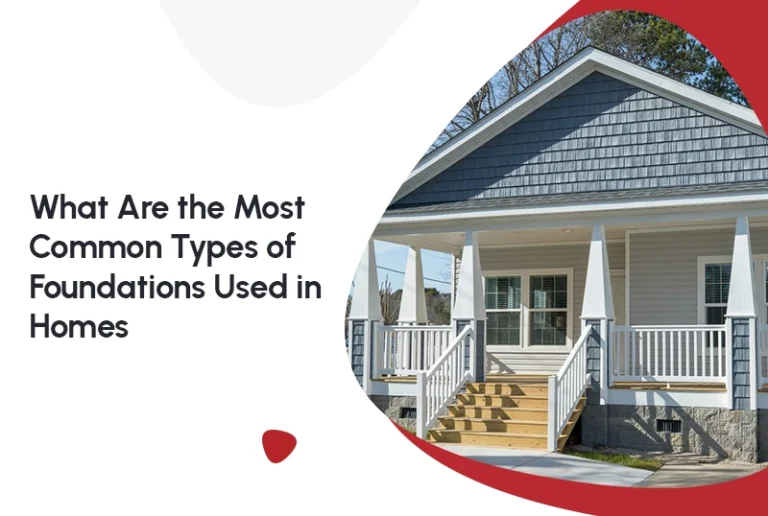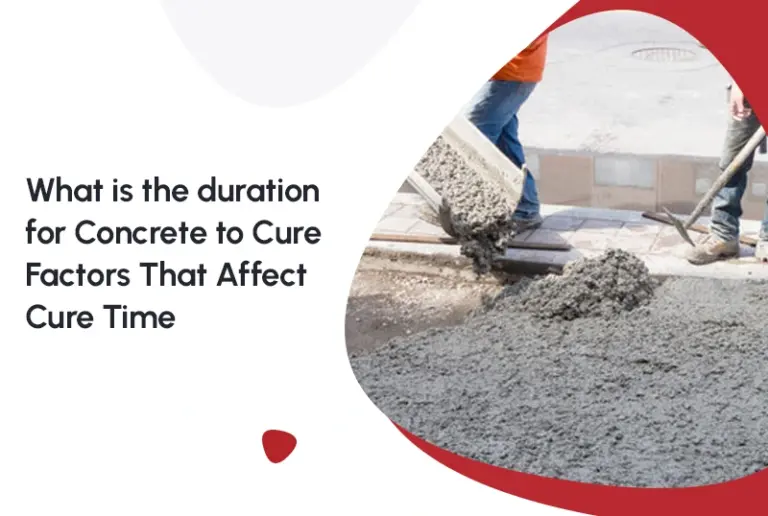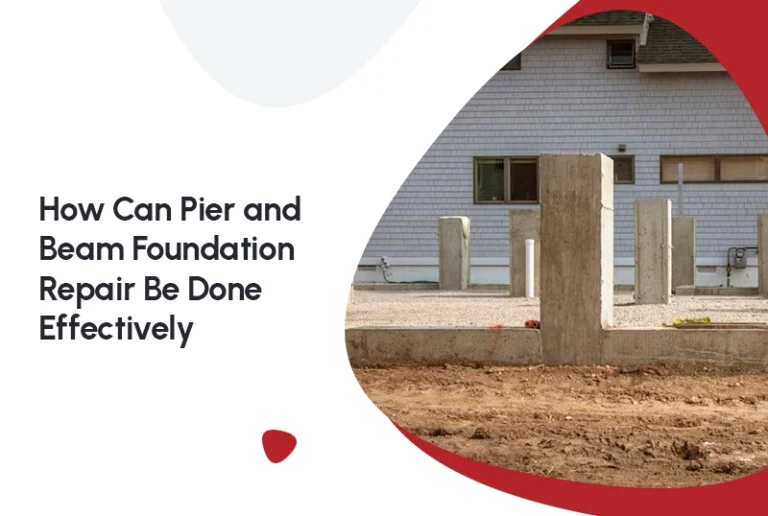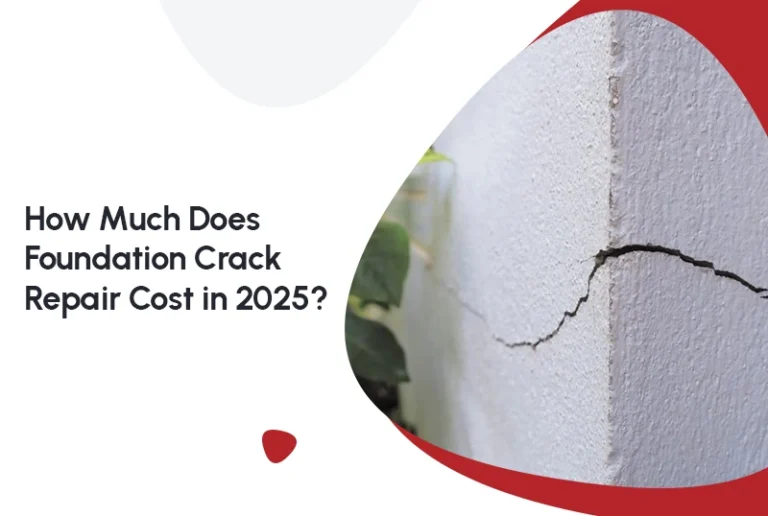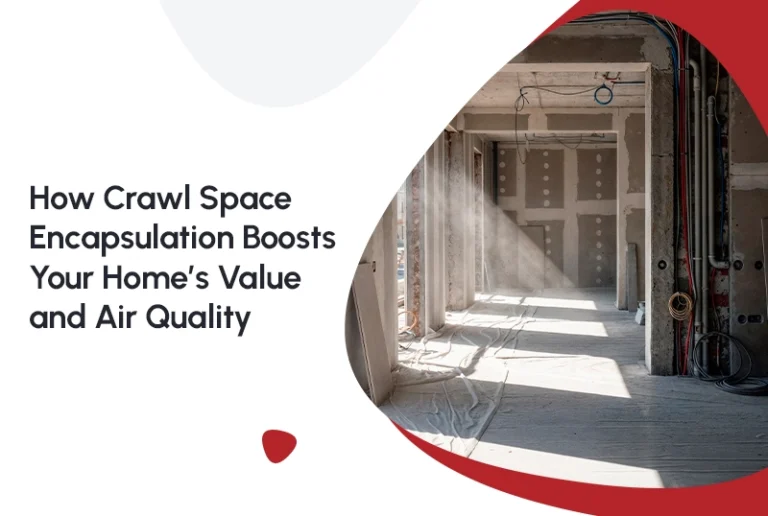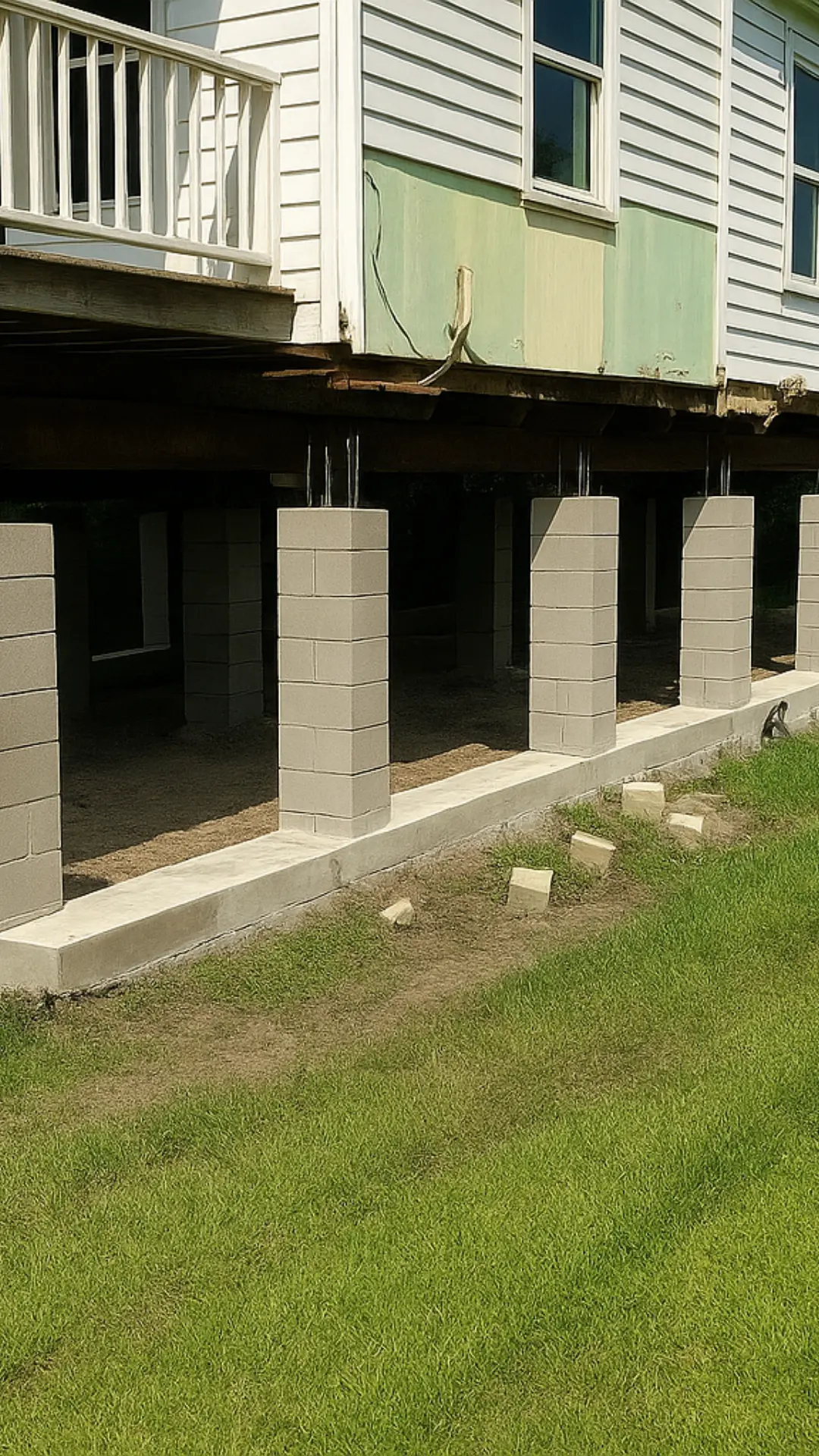A slab leak isn’t just a plumbing issue it’s a silent threat that can weaken your home’s foundation, damage flooring, and spike water bills. Homeowners often overlook the early warning signs, but understanding how plumbers slab leak repair works can help you act before costly structural problems occur.
Whether your home is built on a Pier & Beam Foundation Repair system or a concrete slab, quick action and professional repair techniques can make a big difference.
What Is a Slab Leak?
A slab leak refers to a water pipe leak occurring beneath the concrete foundation (or “slab”) of your home. These pipes are typically part of the pressurized water line system, which means leaks can go unnoticed while continuously pushing water under your home—damaging concrete, soil, and surrounding structures.
These leaks can be caused by:
- Shifting soil or seismic activity
- Pipe corrosion due to electrolysis or chemical reactions in the soil
- Abrasion from constant pipe contact with concrete
- High water pressure or poor-quality installation
If your home has had recent plumbing work or previous Foundation Repair, it’s crucial to monitor for potential leaks under the slab.
Common Signs of a Slab Leak
It’s often difficult to spot slab leaks without proper tools, but homeowners should be aware of these warning signs:
- Sudden increases in your water bill
- Warm or damp spots on your flooring
- Cracks in walls or flooring
- Low water pressure throughout the house
- Mildew or musty smells near floors
- Sounds of water running when all taps are turned off
Early detection is essential. Ignoring these symptoms may lead to irreversible damage, requiring extensive Concrete Slab Foundation Repair and structural reconstruction.
Top Plumbers Slab Leak Repair Methods
Professional plumbers rely on a range of repair techniques tailored to the severity and location of the leak. Here are the most effective methods for plumbers slab leak repair:
1. Spot Repair
This is the most direct and affordable solution when the leak is in a localized area. It involves breaking through the concrete slab at the exact leak location, repairing the pipe, and patching the concrete.
Pros:
- Fast and cost-effective
- Minimal labor
Cons:
- Damages flooring
- Not ideal for homes with expensive finishes
2. Re-Piping or Rerouting
If the plumbing system is aging or leaks are recurring, rerouting new pipes through the attic, walls, or exterior of the home is often the best solution.
Pros:
- Long-term solution
- Avoids future slab leaks
Cons:
- More invasive
- Higher upfront cost
3. Epoxy Pipe Coating (Trenchless Repair)
This method involves inserting an epoxy coating inside the pipe to seal small leaks. It’s non-invasive and avoids breaking the slab.
Pros:
- No digging or breaking of concrete
- Great for pinhole leaks
Cons:
- Not suitable for severely damaged pipes
4. Tunneling Under the Slab
Tunneling is an effective method used when homeowners want to preserve their flooring. Workers dig tunnels beneath the home’s foundation to access and repair leaking pipes from below.
If your home relies on a Concrete Slab Foundation Repair, tunneling is ideal because it reduces the impact on interior finishes while resolving the plumbing issue thoroughly.
The Importance of Hiring a Professional Plumber
DIY repair attempts for slab leaks can make the problem worse. Licensed plumbers have specialized tools and the experience needed to diagnose and fix slab leaks with precision.
Professional plumbers slab leak repair services typically include:
- Electronic Leak Detection
- Infrared Thermal Imaging
- Hydrostatic Pressure Testing
- Soil Moisture Assessment
- Structural Integrity Evaluation
If you’ve recently had Foundation Repair or observed changes in your foundation, these tools are invaluable for catching problems early and protecting your home’s structure.
How to Prevent Slab Leaks in the Future
Preventive maintenance can go a long way in avoiding another costly repair. Consider the following tips:
- Install a water pressure regulator to prevent pipe stress
- Use high-quality piping materials during renovations
- Regularly inspect plumbing systems (especially in older homes)
- Keep soil moisture consistent around your home’s foundation
- Don’t ignore warning signs, even minor ones
Homeowners with homes supported by Pier & Beam Foundation Repair structures also need to ensure their crawl spaces are ventilated and free of excess moisture, which can also lead to plumbing issues over time.
How Much Does Slab Leak Repair Cost?
The cost for plumbers slab leak repair varies depending on the location, severity, and method used:
- Spot repair: $500–$1,500
- Tunneling repair: $2,000–$6,000
- Rerouting/Re-piping: $3,000–$10,000
- Epoxy coating: $1,500–$4,000
Some homeowners’ insurance policies cover the damage caused by the leak, but not the plumbing repair itself. Always check with your provider.
Why Choose FNF Foundation
Slab leaks often signal underlying foundation movement. That’s why our experts at FNF Foundation coordinate with certified plumbers to ensure both the plumbing and structural sides of the issue are addressed properly.
We understand Texas soil conditions, water line construction practices, and the right repair techniques to keep your property protected.
When you choose FNF Foundation, you get:
- Fast and accurate slab leak diagnostics
- Non-invasive repair options
- Expert coordination between plumbing and foundation teams
- Long-term solutions, not temporary fixes
Conclusion
Don’t let a hidden leak destroy your home. Plumbers slab leak repair is a critical service every homeowner should take seriously. Whether your home is built on a Pier & Beam Foundation Repair or you need a thorough Concrete Slab Foundation Repair, acting fast and hiring professionals can save your home and your wallet.
At FNF Foundation, we go beyond the basics—offering comprehensive inspection, structural analysis, and plumber collaboration to give you a complete, lasting solution.
Call us today for a free consultation and restore peace of mind to your home.
FAQs (Frequently Asked Questions)
Q1. Can I detect a slab leak without professional help?
You might notice signs like warm spots, moisture, or high water bills, but exact detection requires professional equipment.
Q2. How long does a slab leak repair take?
Repairs typically take between 1–3 days depending on the method used and the extent of damage.
Q3. Is tunneling safe for my foundation?
Yes. It’s a preferred method when done by experienced crews, especially to avoid damaging interior flooring.
Q4. How do I know which repair method is best for my home?
Your plumber will assess your foundation type, plumbing layout, and leak severity to recommend the best approach.
Q5. Will my insurance cover slab leak repairs?
Insurance may cover the resulting damage but not the plumbing repair itself. Check with your policy provider.
